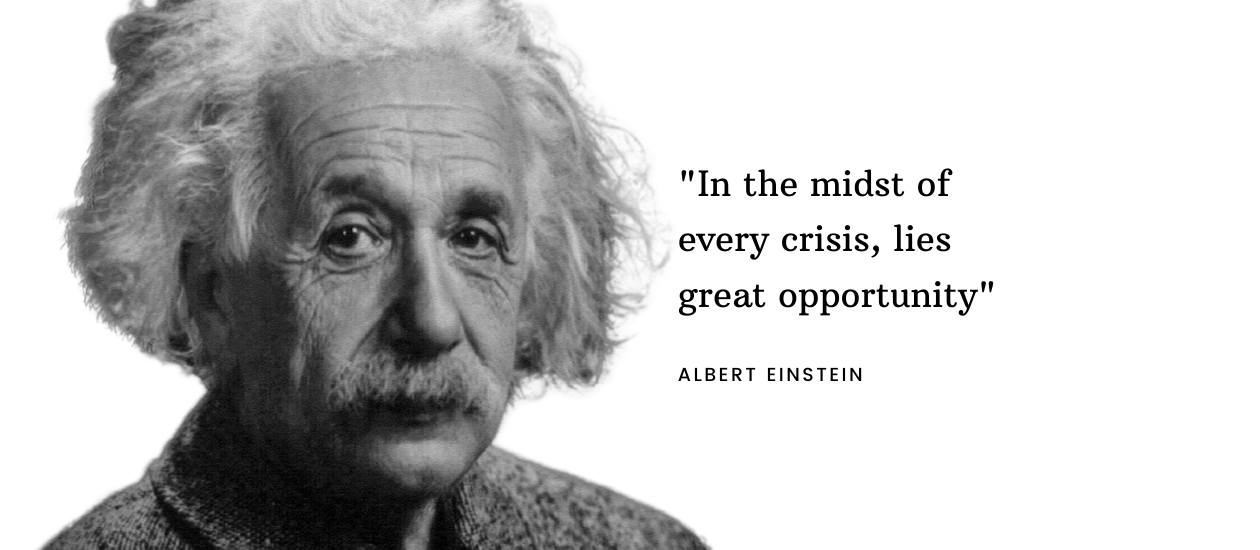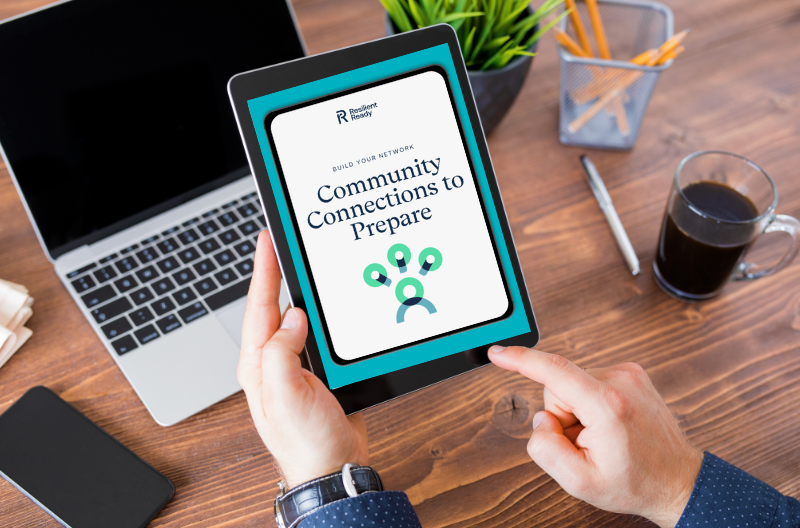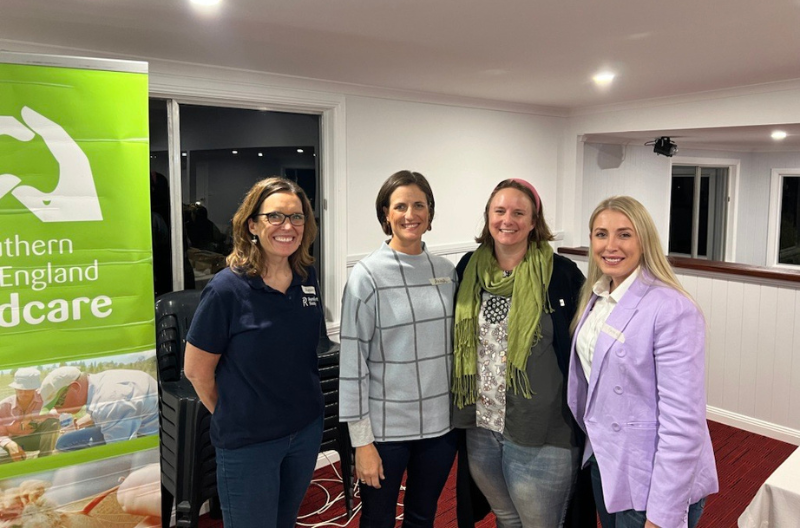In the midst of every crisis, lies great opportunity
By renae hanvin
Dec 15 2022

Many Australian small businesses have struggled in recent years, stoically facing bushfires, floods and of course the pandemic.
It’s hard to think disasters can be good for business.
But while disaster can bring high levels of disruption and devastation, it can also inspire businesses to adapt, helping them to become more successful than ever.
Barry Irvin, the Executive Chairman of Bega Cheese in the Bega Valley, says “I suppose most people would say you would rather the disasters don’t occur. But when they do, I think how you respond to them is very, very important.”
But how do you reframe a crisis as an opportunity?
Ask: What does this make possible?
When a disaster hits, the greatest challenge business owners often face is not the crisis itself – but their reaction to it.
Maybe they say to themselves ‘Why did this happen now?’ ‘What did I do to deserve this?’ ‘I didn’t sign up for this!’ “It’s so unfair that this is happening to me.”
The problem with these reactions, while natural and valid, is that in the end they are unproductive and disempowering.
Once you’ve taken the time to grieve the loss, we think a better question to ask when something negative happens is “What does this crisis or experience make possible?”
The focus shifts from the unchangeable past to a future that you can control.
Maybe you’ve always wanted to open an online store and now you’ve got to start because you can’t open your bricks and mortar premises….
Maybe you’ve always been too busy to talk to your neighbours and your colleagues and now you’re meeting people you otherwise wouldn’t have met…
Maybe taking time out of your business has inspired you to take stock of what you want in life and to slow down.
The importance of working together
Barry Irvin also says
A strong, supportive culture becomes really valuable in times of uncertainty and disaster.
“I see this particularly in regional communities. People are used to coming together as a community because they’ve had to be resilient in the past. They are used to helping one another in times of need and to use what skills they have available to them.”
This regional community culture also influences the corporate culture within Bega Cheese.
“A big part of our ethos is the coming together of people to help one another and to support our communities,” explains Barry. “We’re a small company that’s become quite a big company – but we’re still focused on looking after our farmers and getting food to our customers.”
“As we look forward, we are thinking more deeply about the impacts of climate change as well as the concept of circularity – how to contribute to an active economy while taking into account the environmental and social impacts.
“We do not think that we are able to predict all the challenges up ahead. So what we work on is our company culture. We know what approach we will take, we know what people we will call, we know the things that we can rely on. This all helps position Bega Cheese for a positive future – we are always ready.”
Disasters and disruptions force you to think and do differently
Albert Einstein once said
In the middle of difficulty lies opportunity.
You can’t always choose what happens to you. In fact, disasters are inevitable and they are becoming increasingly frequent.
But you can choose how you respond to those situations. And often that means working together with other people and businesses to overcome problems together.
So how will the next disaster or disruption inspire you to think and do differently – for yourself and your business?



